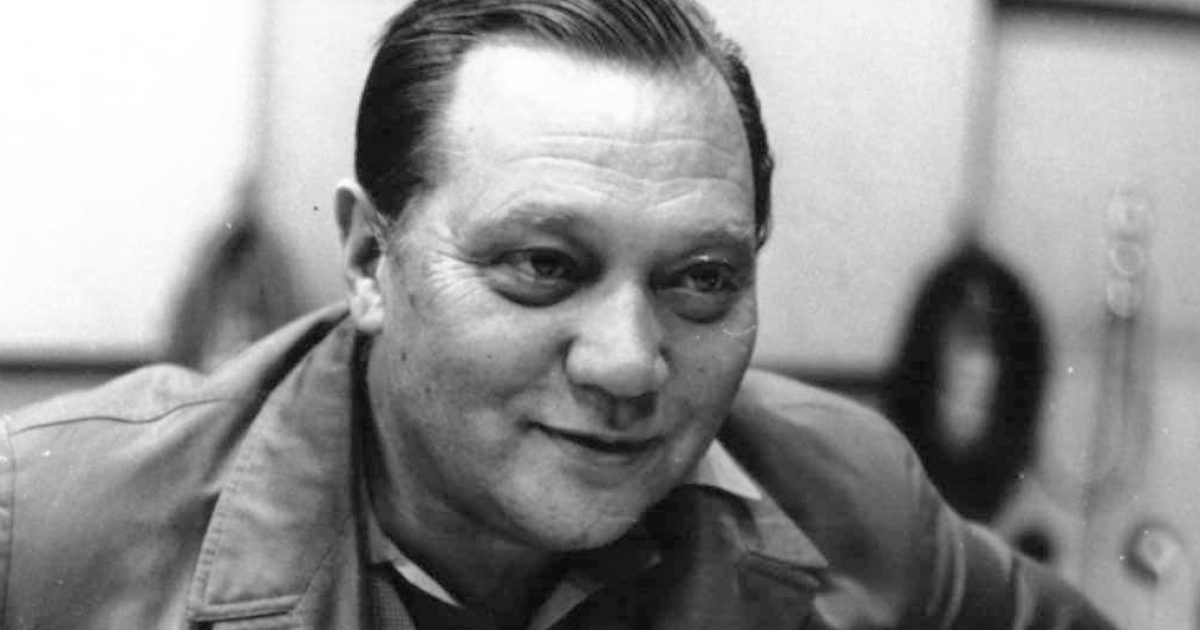A drama about the unbridled human desire for knowledge, contempt and humility, love and death. The oldest surviving version of Goethe’s later famous play Faust was shot in the studios of Prague Radio in 1979 by Josef Melč. He cast Klára Jerneková in the role of Markéta, and entrusted Rudolf Hrušínský, who was born just a hundred years ago, to the role of Faust Eduard Cupák and the tempting devil Mephistopheles. As a reminder of his acting mastery, listen online for one week after the broadcast.
–
Radio arrangement and dramaturgy: Jaroslava Strejčková
Persons and cast:
Faust (Eduard Cupák), Mefistofeles (Rudolf Hrušínský), Markétka (Klára Jerneková), Marta (Dana Medřická), Duch země (Rudolf Pellar), Wagner (Jiří Pleskot), Žák (Vítězslav Jandák), Frosch (Jan Faltýnek), Alten (Jaroslav Cmíral), Brander (Ivo Gübel), Siebel (Vladimír Hrubý), Valentin (Viktor Preiss), Líza (Daniela Hlaváčová) and Kolovrátkář (Jiří Bruder)
Translation:
Jaroslav Bílý
Music:
Jiří Smutný
Directed by:
Josef Melč
Recorded:
in 1979
–
Twenty-year-old Johann Wolfgang Goethe was fascinated by the figure of the historical doctor Faust, a self-proclaimed philosopher who traveled through Germany in the first half of the sixteenth century, earned mostly magic and mysteriously died sometime around 1540. Young Goethe, the most important representative of the literary movement Sturm und Drang drama. Thus was created the first version of a later world-famous work, for which the name Urfaust was adopted.
Goethe did not finish the game of the eternal human search for the meaning of life until sixty years later. Nevertheless, Urfaust, who belongs to the author’s romantic period, often returns to the stage. The creators of modern theater paradoxically turn to this first, intimate form of Faust drama. In contrast to the sometimes complicated Faust, its germinal version is closer in its perception and vagueness to today’s perception.
Already in Urfaust, Goethe, in addition to the Prometheus theme of Faust, created a captivating story of devotional love that will bring Markéta to perdition. This story is generally the most unknown of Goethe’s Faust, and it is no coincidence that it is also the core of Charles Gounod’s most famous opera adaptation.
– .

/imgs/2020/10/18/12/4185008/20e5e3a315976521553697e311526efad66d72c1.jpg)
